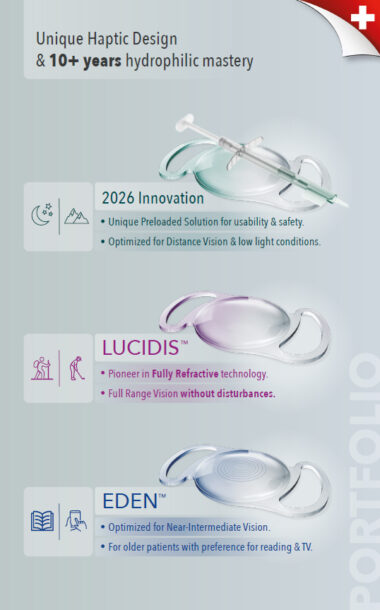A new study analysing data from the landmark ASPREE trial has found that prolonged daily aspirin use increases the risk of anaemia by 20 per cent in people mostly aged 70 and over.
The results have prompted researchers to suggest that regular monitoring for anaemia be considered for older adults who take low-dose aspirin, and if older adults have concerns about their health or medications they should discuss them with their GP.
The results have prompted researchers to suggest that regular monitoring for anaemia be considered for older adults who take low-dose aspirin and to discuss any concerns about their health or medications with their GP.
The Monash University-led study, published in Annals of Internal Medicine, followed 18,153 initially healthy older adults in Australia and the USA and recorded incidents of anaemia over an average 4.7 years.
The risk of developing anaemia was found to be 20 per cent higher in the aspirin group compared to those in the placebo group.
It was the largest study to investigate anaemia in older people as part of a randomised controlled trial, ASPREE (ASPirin in Reducing Events in the Elderly) – with half the participants taking a placebo and the other half a daily low dose (100mg) of aspirin.
Anaemia is commonly experienced by older adults, potentially affecting overall function and increasing fatigue, disabilities, depressive symptoms and cognitive problems.
In addition to a higher risk of anaemia, blood tests revealed a faster decline of haemoglobin and reduced ferritin (a protein that carries iron) levels in the aspirin group compared to the placebo group.
Lead author, Associate Professor Zoe McQuilten from Monash University’s School of Public Health and Preventive Medicine, said while bleeding was a known side-effect of aspirin, few previous studies had looked at the effect of prolonged aspirin use on the progressive development of anaemia in older adults.
“This study gives a clearer picture of the additional risk of becoming anaemic with aspirin use and the impact is likely to be greater in older adults with underlying diseases, such as kidney disease,” Associate Professor McQuilten said.
Associate Professor McQuilten said the new data gave doctors insight into the risk of anaemia from prolonged aspirin use by their older patients. “Older adults are more likely to become anaemic generally and now doctors can potentially identify patients at higher risk of developing anaemia,” she said.
Associate Professor McQuilten urged patients to follow the advice of their doctor about their daily use of aspirin. She cautioned that for some older adults, aspirin was recommended as a valuable therapy to prevent recurring heart attacks or stroke. “Patients should not change their aspirin regimen without speaking to their GP,” she said.
About ASPREE
The Monash University-led ASPREE trial (ASPirin in Reducing Events in the Elderly) of more than 19,000 participants in Australia and the US was the first trial to show that aspirin did not prolong healthy lifespan in initially healthy older individuals, mostly aged 70 and older. Visit: https://aspree.org/aus/
ASPREE was funded by the National Institutes of Health (USA) and the NHMRC (Australia) and is led by Monash University in Australia and the Berman Center for Outcomes & Clinical Research in the US. The ASPREE Anaemia substudy was funded in part by the Alfred Health Research Trust.
Anaemia in older people
Globally, an estimated 30 per cent of people aged 75 years or older are anaemic. Anaemia in the elderly is most commonly attributed to iron deficiency (15-20 per cent), medical comorbidities (including renal impairment) and/or inflammation (e.g. anaemia of chronic disease). The cause is unknown in about a third of cases. While the risk of overt bleeding due to aspirin has been established by research, few studies have measured the effect of aspirin on anaemia.
For media enquiries please contact:
Monash University
Cheryl Critchley - Communications Manager (medical)
E: [email protected]
T: +61 (0) 418 312 596
For more Monash media stories, visit our news and events site
For general media enquiries please contact:
Monash Media
E: [email protected]
T: +61 (0) 3 9903 4840
***ENDS***


